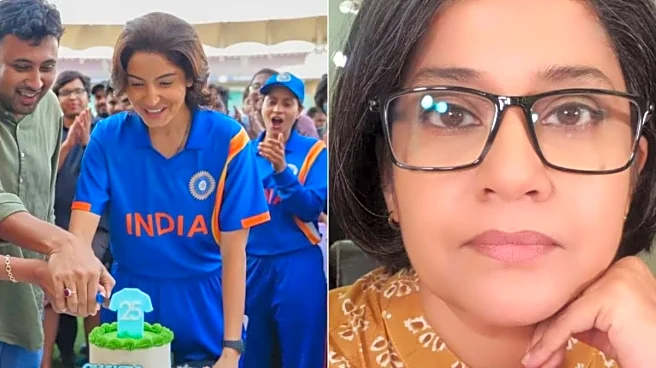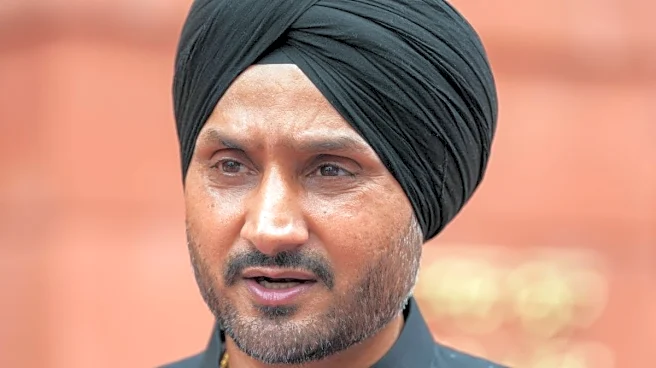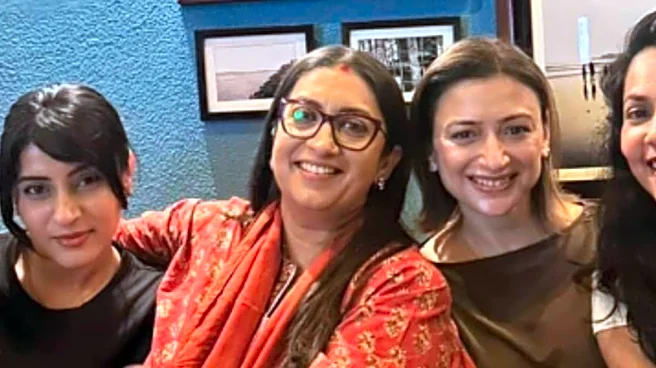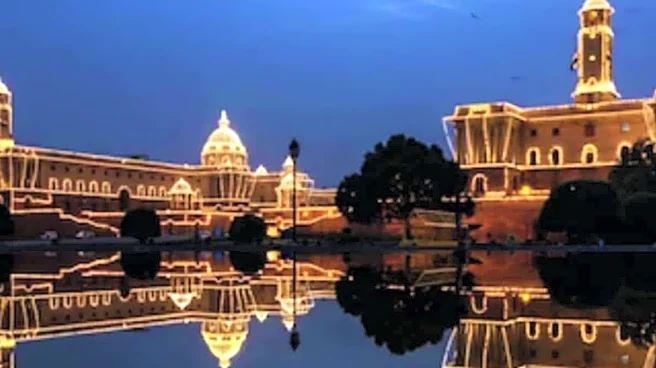The Kerala High Court has instructed the state government to decide within three months on UAPA convict Roopesh TR’s application seeking permission to publish a book he authored while in prison.
The court said a prisoner’s right to express thoughts and publish literary works cannot be denied unless the content threatens public order or national security.
Justice VG Arun issued the order on November 3 disposing of the writ petition filed by Roopesh, who is serving his sentence at the Central Prison and Correctional Home, Viyyur, after being convicted under the Unlawful Activities (Prevention) Act, 1967 and the Indian Penal Code (IPC), 1860.
The petitioner, aged 54, stated that he had written a Malayalam book titled Bandhitharude Ormakurippukal (Memoirs
of the Incarcerated) and had requested permission to publish it. The superintendent of the prison forwarded his application and the manuscript to the director general of prisons and correctional services with a recommendation, but no decision was made.
The petition challenged the delay, arguing that such inaction violated his constitutional rights. Advocate Kaleeswaram Raj, representing the petitioner, asserted that neither the Kerala Prisons and Correctional Services (Management) Act, 2010, nor the Kerala Prisons and Correctional Services (Management) Rules, 2014, contain provisions prohibiting prisoners from publishing their literary works. He stated that Section 36 of the Act recognises prisoners’ rights to live with dignity and enjoy fundamental rights under Part III of the Constitution, subject to confinement conditions.
He argued that freedom of expression includes the right to write and publish, and denying permission without justification amounted to discrimination since other prisoners had been allowed to publish their works. Opposing the plea, Senior Government Pleader Amminikutty submitted that the government was not denying permission but needed to examine the manuscript’s contents because the petitioner was convicted under the UAPA.
The government informed the court that a thorough review was necessary to verify if the book contained any material promoting or supporting unlawful activities or banned organisations, or anything derogatory, defamatory, or prejudicial to national interest. It requested three months to complete the process.
The High Court held that prisoners’ fundamental rights are not entirely extinguished upon conviction and can be restricted only to the extent that their enjoyment becomes incompatible with imprisonment. The judgment stated, “By reason of the conviction, a person is not reduced to a non-person and his rights made subject to the whims of the prison administration.”
Justice Arun noted that prisoners like the petitioner could be subject to stricter examination of their writings, but such scrutiny should not become an unreasonable obstacle. Referring to the Supreme Court’s decision in State of Maharashtra v. Prabhakar Pandurang Sanzgiri (AIR 1966 SC 424), the court reiterated that detainees or prisoners have the right to publish their writings unless the content is against national interest.
The court also pointed out that the Kerala Prisons Act and Rules encourage reading and writing as part of the reformative process. Rule 254 allows prisoners to read and write until prescribed hours, consistent with the objective of rehabilitation.
Disposing of the writ petition, the High Court directed the State government to take a decision on Roopesh’s application within three months of receiving a certified copy of the judgment and to communicate the decision to him. The court also instructed the authorities to consider the Supreme Court’s observations in Sanzgiri and the findings recorded in this case while making their determination.














